4 Ways to Improve Customer Experience & Boost Revenue With Luca + Danni


What does disrupting jewelry at the speed of culture have to do with customer experience?
As it turns out, everything.
By developing a targeted customer experience strategy, fashion-based jewelry brand Luca + Danni managed to:
Here’s a look at how Luca + Danni impacted their revenue growth by optimizing the customer experience of their website.
“Acquisition isn’t enough… You have to be a better brand, not just a better marketer.”

—David Oksman, Luca + Danni President
Customer experience is the interaction between a customer and organization over the course of their relationship.
Its value is simple. Good customer experience will lead to increased business—bad customer experience, not so much.
However, it can also be complex. Only 19% of businesses report having a dedicated customer experience team, and if you’re not one of them then chances are you’re missing out on some opportunities.
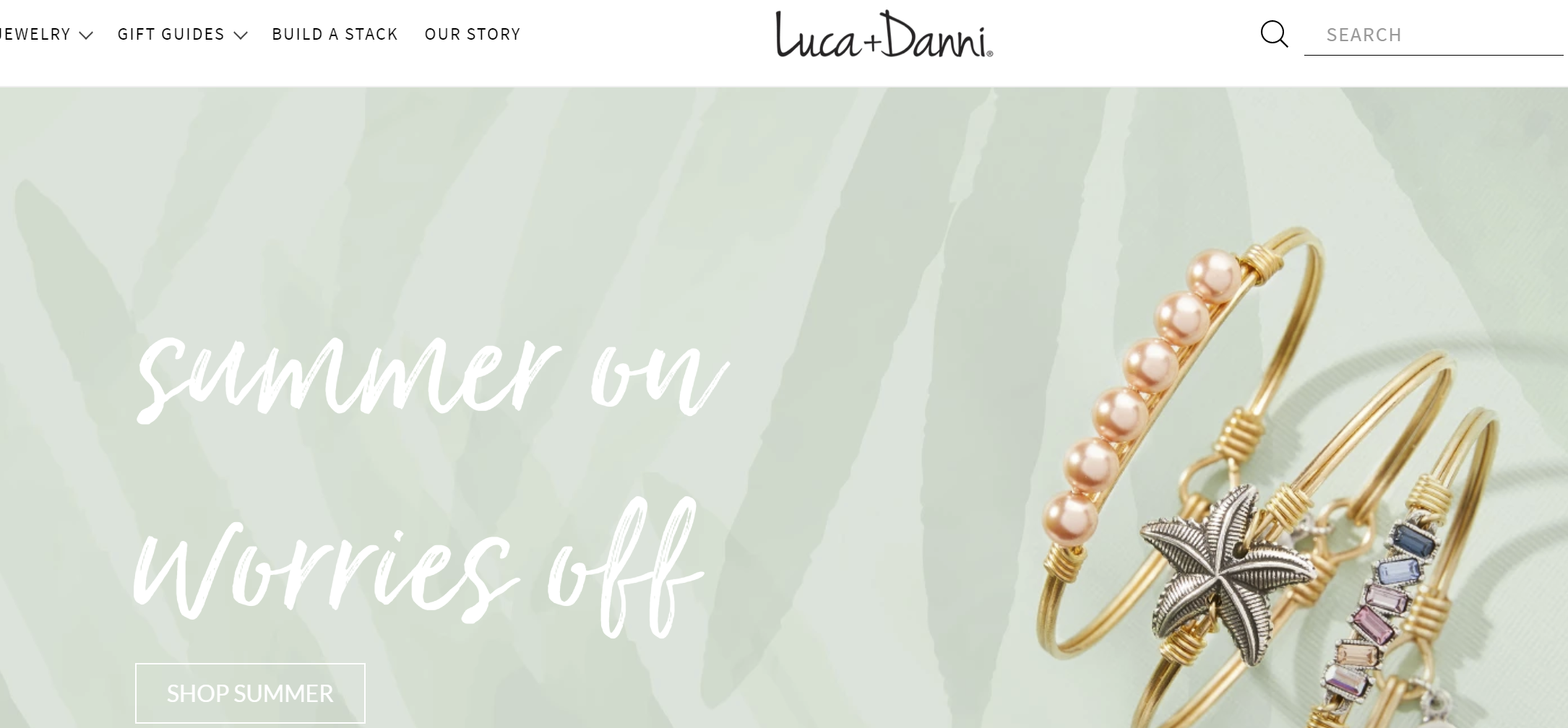
Luca + Danni came into the new year realizing this and have since implemented two years worth of strategy and execution in the last six months with amazing results. Here’s what they’ve learned.
Customer experience starts with a customer-centric marketing strategy.
In order to improve customer experience, Luca + Danni found that it wasn’t enough to simply bring in new customers.
They had to make their brand a better experience for their existing customers.
Let’s take a look at how Luca + Danni was able to improve customer experience using four simple steps.
“The key to a great e-commerce site is knowing that it’s impossible to show every product through a laptop or phone.
As more time passes and external distractions become more prominent, the visitor’s motivation decreases making each additional step thereafter an obstacle.”

-Angela Tsai, Senior Specialist, CRO at Tinuiti
“We want women to embrace their personal journey and one great way to do that is through meaning-based jewelry that self reflects her identity,” says Oksman.
Luca + Danni’s first step was to figure out what their brand was really about – helping women express themselves through their jewelry.
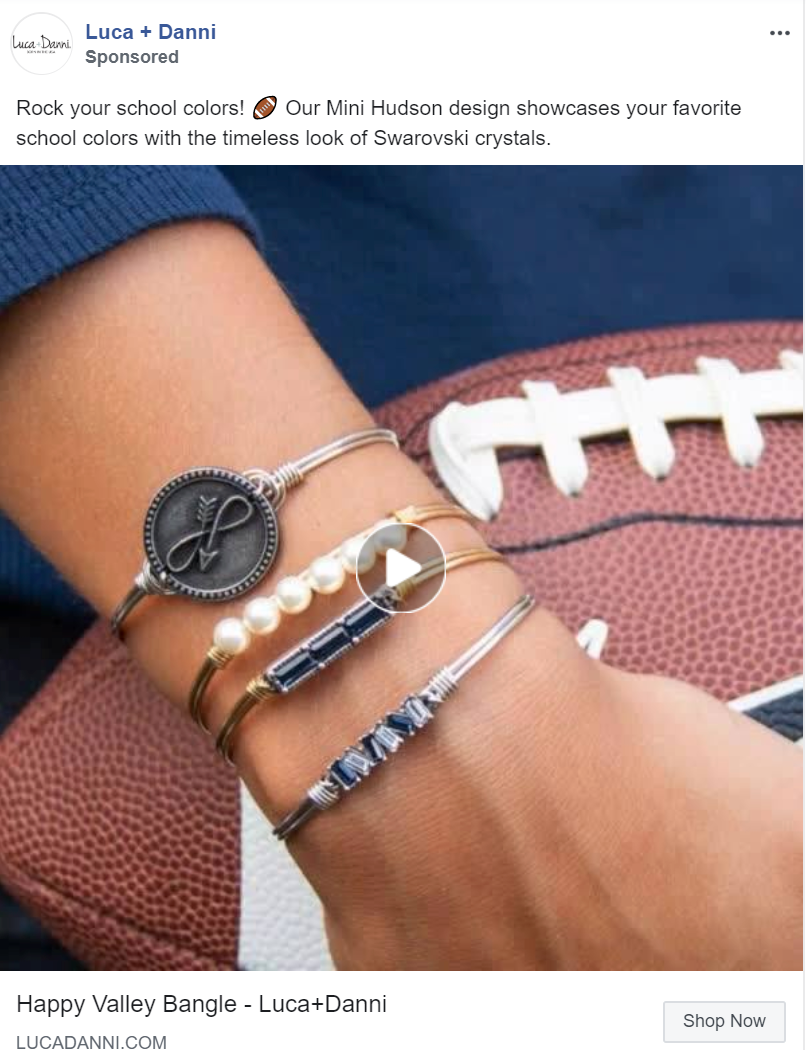
They used this narrative to develop their objectives for the year:
From there, it was a matter of working backward from their goals using data to drive their actions.
“In order to move fast, you need to slow down and actually have a strategy that enables you to move fast. That starts with data,” explains Oksman
Luca + Danni carefully collected data that would help them develop strategies to achieve their goals.
They constantly questioned two criteria:
From there, they utilized data scientists to help them make sense of the data they collected.
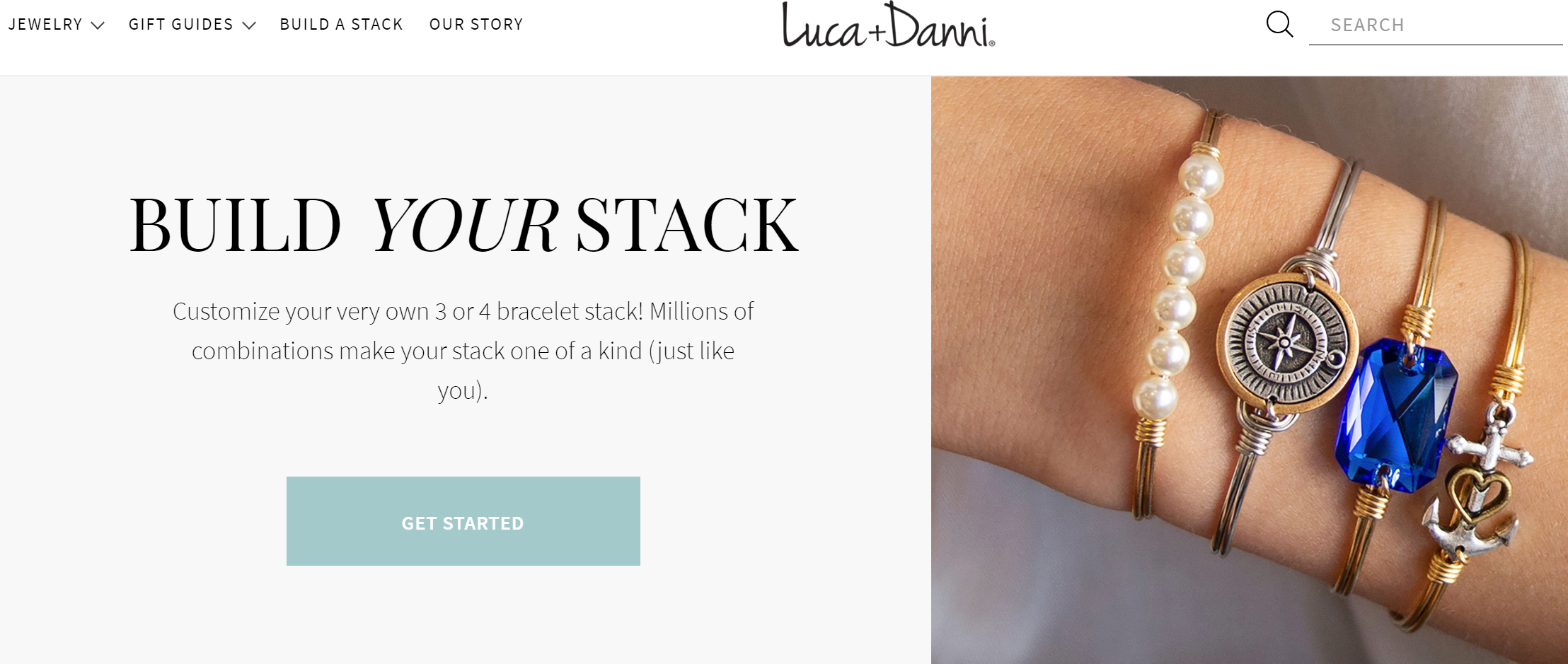
Using data professionals, they were able to gain insight into the customer journey that wouldn’t be possible by just looking at their Shopify database.
“We recognized she’s [the customer] coming to us to gift as a way to express that I know this individual and I want to give it to someone else, so let’s make gifting really simple for her,” says Oksman.
“Let’s take all the same components and reimagine them in a way that’s going to let her get through our funnel faster.”
Once they understood their data, Luca + Danni was able to literally hack into their consumer’s mindset and use that information to improve customer experience.
They identified what it was their customers really valued—personalization.
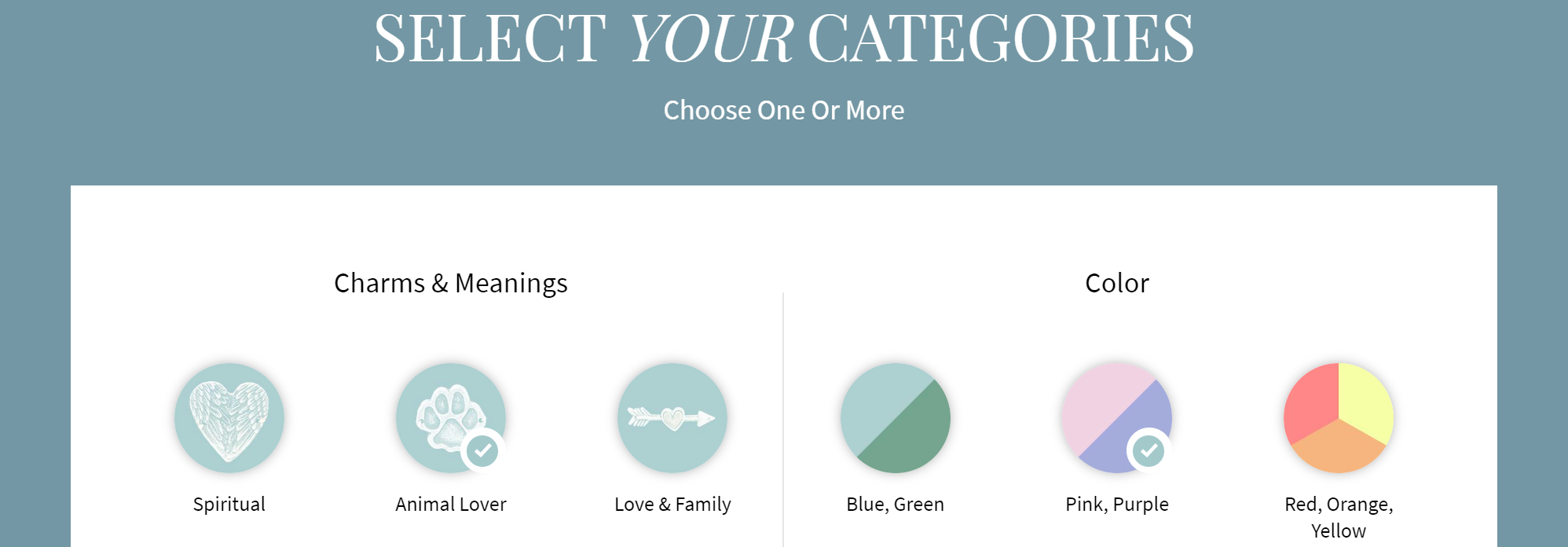
Their customers wanted to feel like the product they were receiving was one of a kind. With this information, Luca + Danni was able to leverage the existing components already available on their platform and offer consumers the ability to form their own nicely boxed stack of products.
The data also offered insight into buyer trends. Using this information, they identified relevant cultural events for their consumers and then create offers around those events.
The result? Their Cardinal bracelet sold at one unit a minute during the holiday season in 2018.
“The best sites are those who have a solid understanding of their customer and merchandise accordingly recommending products of interest with shortcuts,” says Tsai.
“Less is more. Make it really simple,” says Oksman.
“Take barriers out of her way and you’ll find success with your consumer.”
94% of customers going through an effortless experience are likely to repurchase vs. only 4% of those who went through a high level of effort, meaning that it’s in your best interest to streamline the user process for your customers.
Luca + Danni simplified their customer experience to enormous success, reducing their global navigation elements from 5-6 elements to 4.
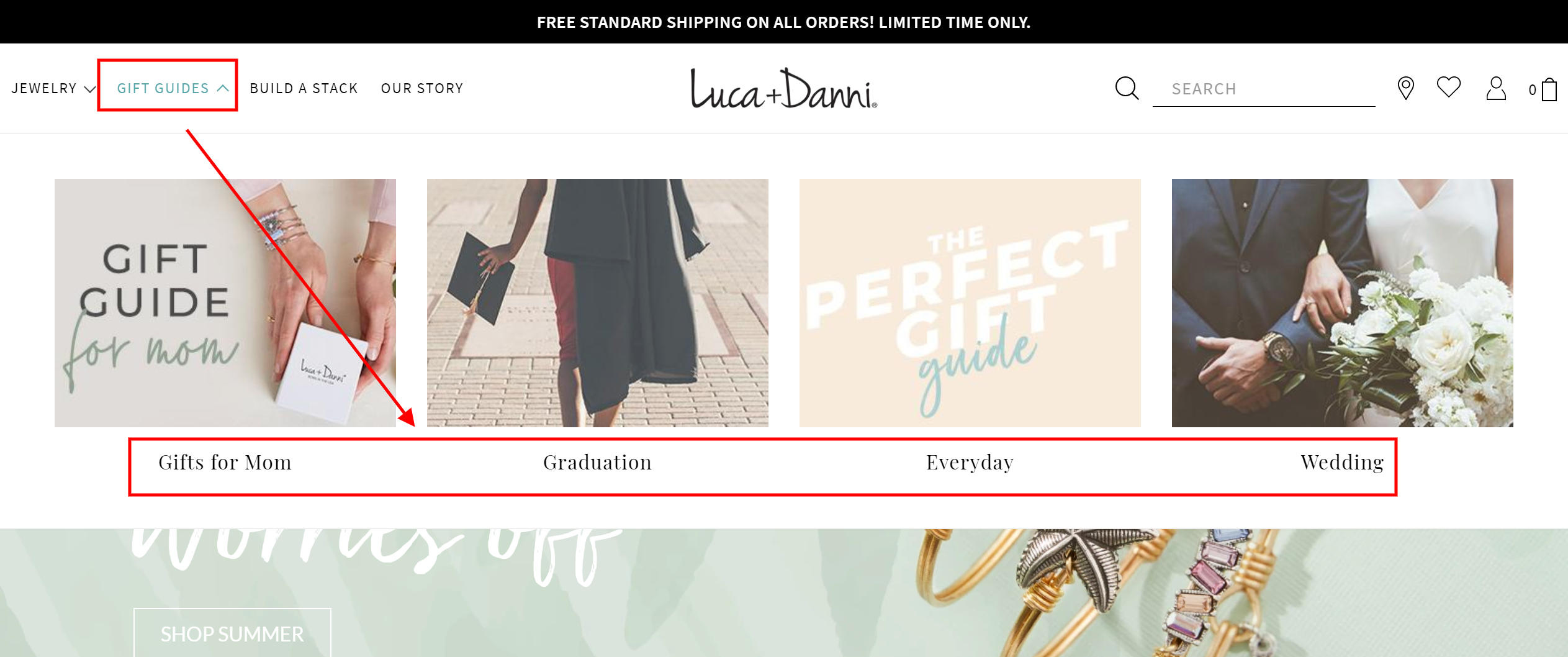
By shifting their number of repeat purchasers vs one time purchasers by 10%, they were able to decrease the number of new consumers they needed to acquire to grow 50% by 10,000 purchasers.
It’s a customer-centric world out there. New brands are navigating the pitfalls of an oversaturated market by focusing on improving customer experience and it’s working.
Some of Oksman’s big takeaways for Luca + Danni’s customer experience success:

Want to learn more?
5 Steps to Building a Thoughtful Customer-Centric Marketing Strategy
